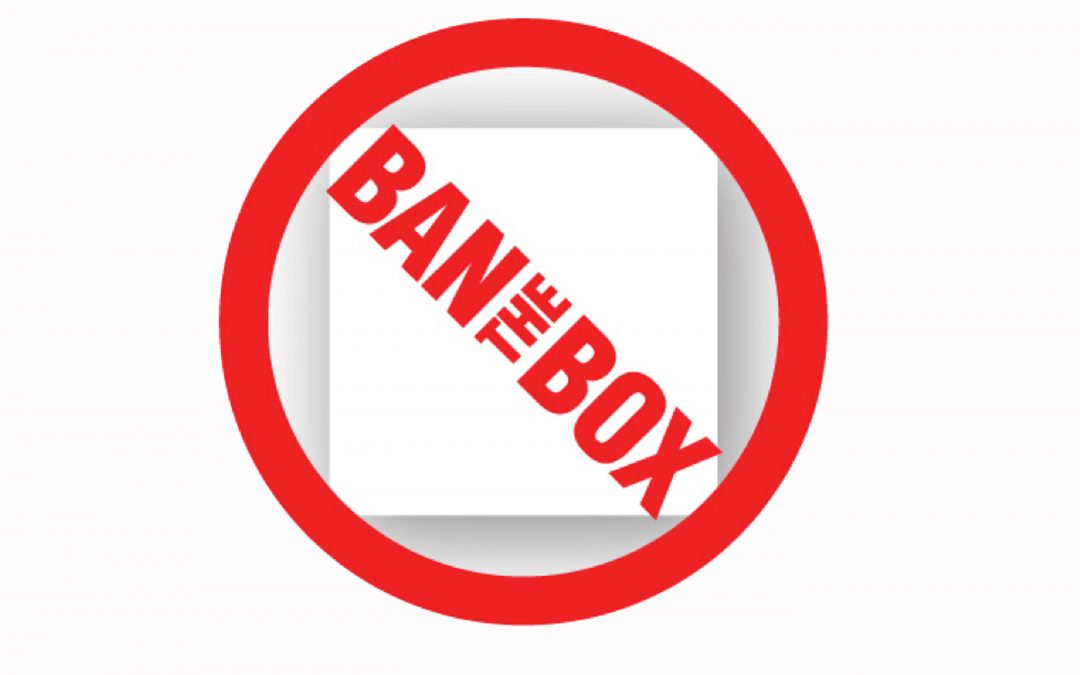 In May of 2016, a new federal regulation nicknamed Ban the Box, started to remove questions regarding criminal history during initial candidate screening. Since laws enforcing Ban the Box have been enacted, recent studies have shown it increases racial discrimination within the hiring process.
In May of 2016, a new federal regulation nicknamed Ban the Box, started to remove questions regarding criminal history during initial candidate screening. Since laws enforcing Ban the Box have been enacted, recent studies have shown it increases racial discrimination within the hiring process.
The Wall Street Journal reported on recent studies that were released over the summer, which suggest that Ban the Box policies could be harming potential candidates due to employers discriminating based on race.
Sonja Starr, a law professor at the University of Michigan, and Rutgers University economist Amanda Agan, who was a Princeton University researcher at the time of the study, sent out nearly 15,000 fake job applications in 2015 and 2016 with racially distinctive names to more than 4,000 chain locations in New York City and New Jersey before and after ban-the-box laws took effect. They found white applicants were more likely than black applicants to get a callback for an interview, and that the gap widened significantly after the laws took effect in 2015.
“There is pretty good evidence that ban the box helps people with criminal records get their foot in the door,” Ms. Starr said. “But it may come at the expense of people of color getting their foot in the door.”
The Wall Street Journal also reported on a second paper being worked on by University of Virginia economist Jennifer Doleac and University of Oregon economist Benjamin Hansen. Doleac and Hansen analyzed data for cities, counties and states that had adopted ban-the-box policies, received from the Labor Department. The data found the black and Hispanic men ages 25 to 34 and lacking college degrees were less likely to be employed after the laws took effect.
“Our hypothesis is that employers are less likely to interview young, low-skilled black and Hispanic men because these groups include a lot of ex-offenders” and the ban-the-box policy “increases the expected cost of interviewing job applicants, because there’s a higher chance that any interview could end in a failed criminal background check,” the researchers wrote.
Thousands of businesses have also signed the “Fair Chance Pledge,” in which they pledge to “help eliminate unnecessary hiring barriers for those with criminal backgrounds.” Approximately 70 million Americans have a criminal record and by signing the Fair Chance Business Pledge, thousands of employers are working to help give those a second chance in the work force. American Airlines, The Coca-Cola Company, Facebook, Georgia Pacific, Google, The Hershey Company, PepsiCo, Prudential, Starbucks, Uber, Under Amour/Plank Industries, and Xerox were among companies that signed the pledge when it was first created.
Want to know more? Visit: https://www.whitehouse.gov/issues/criminal-justice/fair-chance-pledge or read The Atlantic’s coverage on what President Obama is doing to ensure this is mandatory for all employers: http://www.theatlantic.com/business/archive/2016/05/obama-memorandum-opm/480909/
Sources:
- https://www.whitehouse.gov/issues/criminal-justice/fair-chance-pledge
- http://www.theatlantic.com/business/archive/2016/05/obama-memorandum-opm/480909/
- http://www.wsj.com/articles/ban-the-box-laws-may-worsen-hiring-discrimination-new-research-finds-1475520896
By: Sarah Kessler

